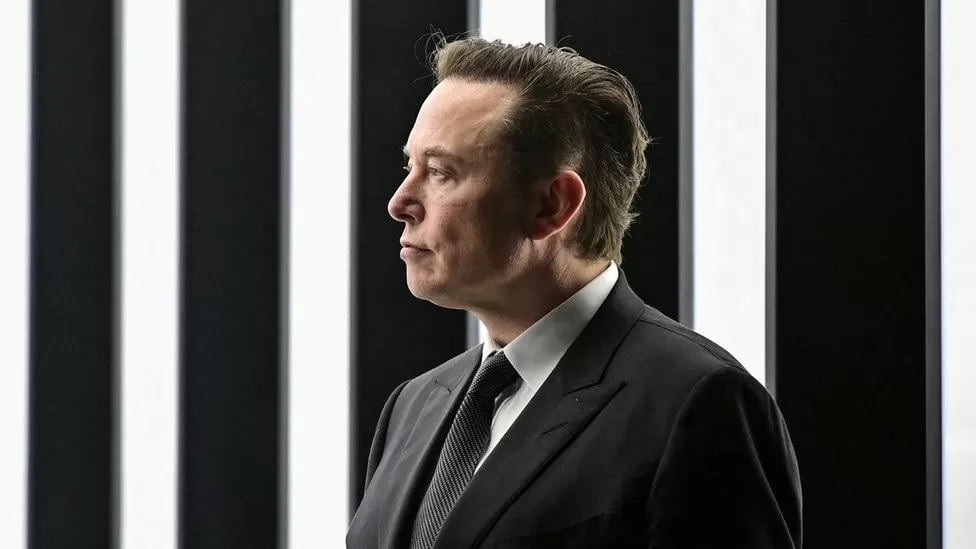WeChat: Why does Elon Musk want X to emulate China

The rebranding of Twitter to X is another step in Elon Musk’s plans to emulate the Chinese mega app WeChat.
Musk wants to make his $44 billion (£34.4 billion) social media platform much larger, which he purchased last year for $44 billion (£34.4 billion).
It would be an immense success if Twitter could come close to the “everything app” WeChat – which combines chat, dating, payments, and social media.
Musk announced on X this week that “we will add comprehensive communications and the ability to conduct your entire financial life”.
Musk hopes that growing X will lead to a jump in revenue – the company has lost almost half its advertising revenue since Musk bought it and is heavily indebted.
It was launched by technology giant Tencent in 2011 and is now used by almost all of China’s 1.4 billion people.
An understatement to call it a super-app.
The company offers a wide range of services, including messaging, voice and video calling, social media, food delivery, mobile payments, games, news, and even dating.
You can use it just like WhatsApp, Facebook, Apple Pay, Uber, Amazon, Tinder, and a whole lot more.
There is no way to live in Chinese society without it, as it is woven into the very fabric.
These images illustrate how its various components have distinct interfaces.
As a messaging platform, it has WhatsApp-like “Chats” and Facebook-like “Moments”, which are its two most popular features.
In China, most shops and online retailers accept WeChat payments through QR codes, and its widely used “Wallet” feature can be linked to debit and credit cards. In addition to paying household bills and investing, WeChat users can also borrow money.
WeChat users can also check their social security information, pay speeding tickets, and book hospital appointments through government services.
While the whole country was under strict zero-Covid restrictions, without a “health code” generated on the app, it was impossible to move around.
Having so many features in one app has several downsides.
Practically speaking, WeChat occupies a large amount of storage space on a phone – typically tens of gigabytes.
The widespread use of WeChat has raised concerns about government censorship, surveillance, and other privacy concerns.
The Chinese government blocks many foreign websites, including news outlets, social media platforms such as Facebook and, ironically, Elon Musk’s X.
